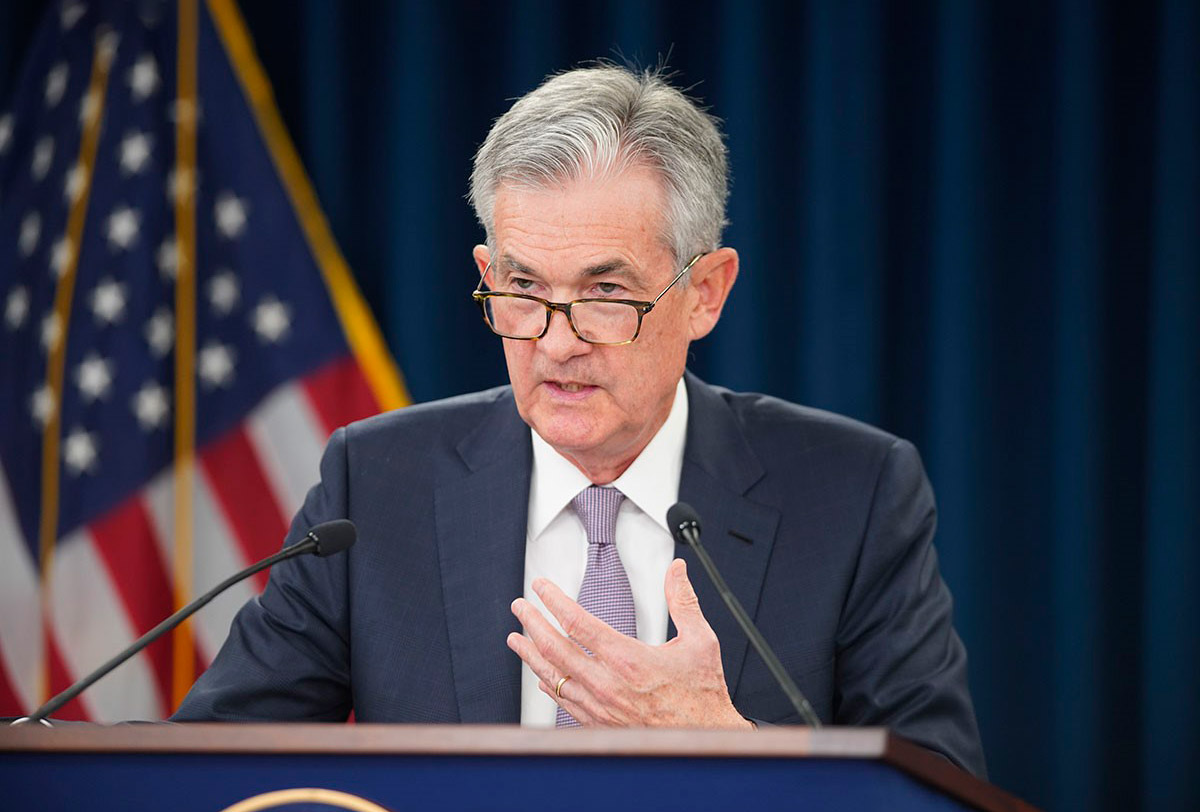Jackson Hole, a storm in a central banker’s paradise?

Located in Wyoming, Jackson Hole is described as a semi-paradise, ideal for relaxation and contemplation with its wonderful mountain scenery as an environment. All of the above contradicts the financial storm that may be unleashed by those congregating at this location starting tomorrow.
Since 1978 Jackson Hole Symposium has been held in the United States, meeting Central bankers, finance ministers, and top financial experts in the world. This event is always significant and interesting, but in these 43 years of its holding only twice, this event has been decisive for the planet.
The first was in 2009, less than a year after the subprime mortgage crisis erupted in the United States, which plunged the world into a recession. On that occasion, listening to what the central bankers expected for the following years, as well as the actions of the major monetary institutions, was crucial and still is.
Second Critical Meeting in Jackson Hole for Planet Earth and the Future of Global Finance It starts tomorrow Thursday, August 26th and runs until Saturday, August 28th..
Bernanke opened an era
In 2009 during the Jackson Hole Conference, he was then Chairman of the Federal Reserve of the United States and, by chance, an expert on the Great Depression of 1929, Ben BernankeWith his speech, he opened a new era, the era of central banks’ intervention in the global economy to prevent it from sinking in the face of systemic crises.
Bernanke on that occasion said, in more words, in fewer words, that the crisis caused by the mortgage sector in his country was global in nature and the most serious at that time after the crisis caused by the Great Depression.
However, Bernanke emphasized that unlike in other times, just like the Great Depression, the measures now taken by the authorities of the United States and the rest of the world prevented a further deterioration of the global economy.
In particular, they highlighted the unprecedented support for the financial system of their country, while parallel and coordinated similar measures were taken in about two dozen countries in the world, according to Bernanke.
That year, 2009, after the meeting, the second generation of global financial regulations reforms were implemented, within a macroprudential framework, so that similar events would not happen again, referring to the subprime mortgage crisis.
It was also the year that saw a historic drop in interest rates by about 1 percent, as well as the adoption of more expansionary fiscal policies to deal with the downturn in global economic activity.
At that meeting, the Fed chair expected a positive response from the global economy to the measures, but warned that the Fed would pump as much money into the global economy as necessary; Investors bought it because almost immediately, in September 2009, the longest upward trajectory of the New York Stock Exchange began, as well as the period of greatest economic expansion in the modern economy of the world’s greatest power.
That was the beginning of an era, and since then global crises have had a new star player to solve them, the central banks. At least that’s what the unwritten laws of markets say.
Jerome Powell, The Great Unknown
Tomorrow, Thursday, August 26, begins another crucial Jackson Hole summit in its history. The whole world will have its eyes on what is happening there and will note every word and every gesture of one man will be followed in detail. Fed Chairman again is the central figure, and now in person Jerome Powell.
What the markets want to know is only one thing: when will the Fed start withdrawing monetary stimulus, with details attached of course (amount, periodicity, etc).
What Powell says will remain for the story if he comes to refer to the subject, about which there is not much certainty, for he is not obligated to do so, though The setting is perfect for being the most important meeting of the year for global finance.
Estimates, more than concrete data, suggest that the key day could be Friday 27, when Jerome Powell said something, during his official speech. But they do not rule out the possibility to expect it.
The meeting is very relevant and crucial, and whatever the Fed chair does, it will be news. If you say something concrete, the financial world will react accordingly; But if he does not utter a single word in the expected subject, Markets can interpret this as a sign that the world is still in a turbulent region It is not time to untie the seat belts.
More news:

“Award-winning zombie scholar. Music practitioner. Food expert. Troublemaker.”









